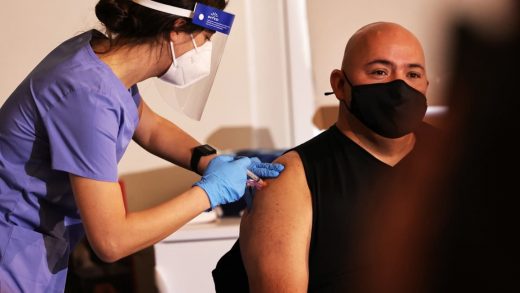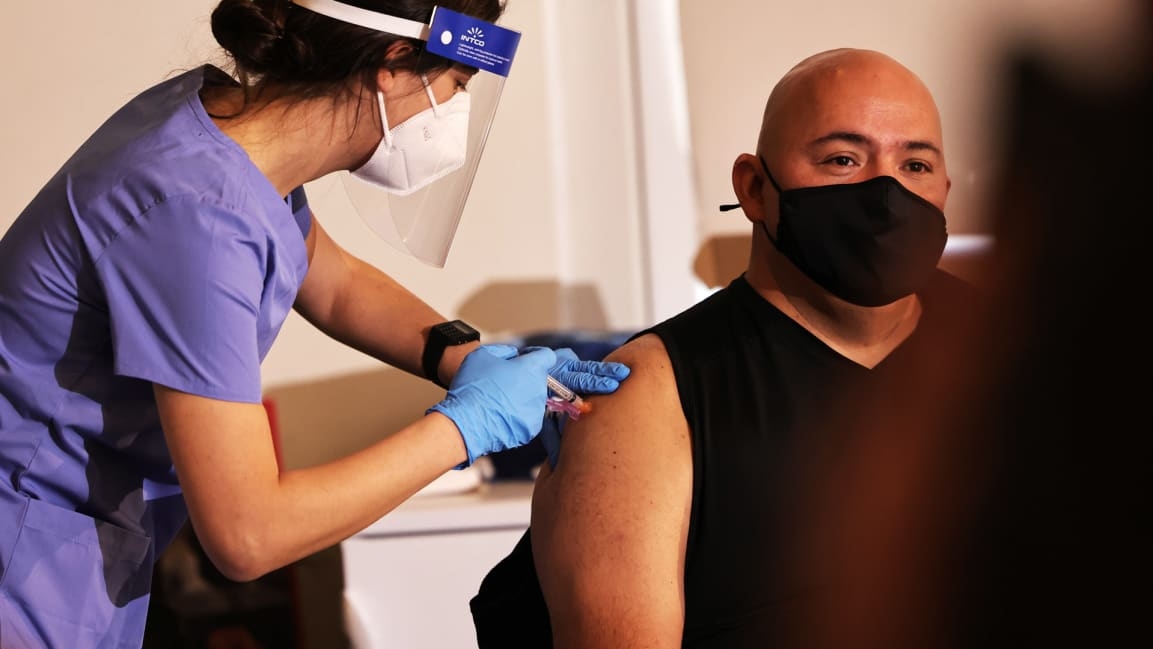Here’s why you should not share your COVID vaccination card on social media
Wanna tell the world that you got the COVID-19 vaccine? Great. Posting it on social media? Go, you! Including a photo to get more likes? No problem. Snapping a pic of your vaccination card? Stop!
The Better Business Bureau is warning people not to do that, because personal information on the card could lead to identity theft.
Your full name doesn’t pose any risk, but other data points, like your date of birth and the name of the place where you got your shot, are asking for trouble.
“You got your COVID-19 inoculation, and you are excited to share the good news and encourage others to do the same. You take a selfie holding your vaccination card and post it,” says the BBB. “If your social media privacy settings aren’t set high, you may be giving valuable information away for anyone to use.”
Fraudsters use personal information to craft alternative profiles of real individuals or blend true details with fake info to make up fictitious people. Then they open credit card and bank accounts, steal healthcare coverage, and take out loans.
Another problem with showing the world your vaccination card via Facebook, Twitter, Instagram, and other social media platforms is con artists use them to create fake cards, which they then sell on eBay and TikTok, according to the BBB. It’s already happening in Great Britain and the scam will show up in the United States and Canada soon enough.
Instead, the BBB advises people who want to post their vaccine online to post photos of their vaccine sticker or use a profile frame, and if there’s some social media prompt asking to post their card photos, ignore it. If you still insist on posting your vax card, at least make sure your security settings are limited to friends and family.
Posts of vaccination cards aren’t the only way con artists are taking advantage of the pandemic to snatch people’s personal data. Other scams include phishing emails about Netflix memberships expiring or using Zoom and false information about stimulus checks.
(16)



